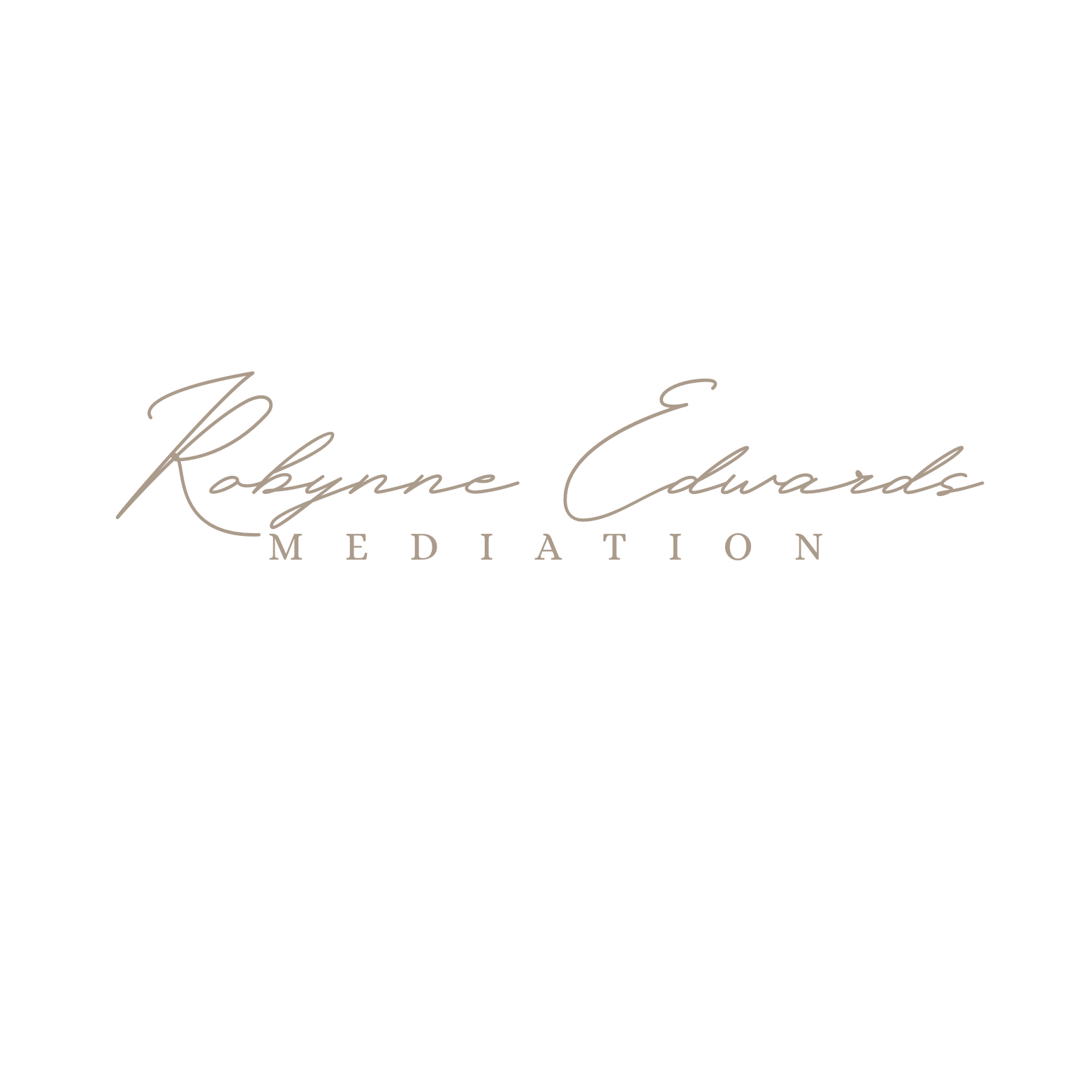Family dynamics are inherently complex. When conflict arises, emotions often run high — making it difficult to see a clear way forward. Whether it’s about inheritance, caregiving responsibilities, parenting disagreements, or strained relationships, unresolved disputes can tear families apart. In South Africa, mediation has emerged as a powerful and accessible tool for family dispute resolution, offering a more compassionate, confidential, and constructive alternative to litigation.
What Is Family Mediation?
Family mediation is a voluntary, structured process in which a neutral third party — the family law mediator — assists family members in communicating effectively, identifying issues, and reaching mutually acceptable agreements. Unlike the courtroom, which imposes legal outcomes, mediation empowers families to find solutions that best fit their unique circumstances and values.
South African law increasingly encourages alternative dispute resolution (ADR), and mediation has been formally integrated into family law matters under the Children’s Act and Mediation in Certain Divorce Matters Act, among others.
When Is Mediation the Right Step?
Mediation is particularly useful in the following scenarios:
- Parenting Plans & Custody Disputes
When parents separate or divorce, creating a parenting plan that prioritises the child’s best interests is essential. A mediator helps facilitate respectful discussion around shared responsibilities, contact schedules, schooling, holidays, and more.
- Care of Elderly or Vulnerable Family Members
Disagreements over care arrangements, financial responsibilities, or power of attorney decisions can escalate quickly. Mediation provides a forum to clarify roles, manage expectations, and restore cooperation.
- Estate and Inheritance Disputes
The passing of a loved one can lead to rifts over wills, executorship, and asset division. Mediation allows families to resolve these disputes with dignity and discretion.
- Family Business Conflicts
When personal relationships and business interests collide, a mediator can help family members redefine roles, establish succession plans, and preserve both the business and the family bond.
Why Mediation Works in Family Conflicts
Mediation is not about “winning” or “losing.” It’s about reaching agreement in a way that preserves relationships — especially important in families where ongoing interaction is inevitable.
Some key benefits of family dispute resolution through mediation include:
- Confidentiality: Mediation discussions are private and protected, unlike court proceedings.
- Faster Resolution: Mediation can take weeks, not years, reducing emotional and financial strain.
- Cost-Effective: It’s generally far more affordable than litigation.
- Tailored Solutions: Mediated agreements are flexible and customised to each family’s needs.
- Child-Focused Outcomes: Especially in parenting disputes, mediation keeps the child’s well-being front and centre.
The Role of the Family Law Mediator
A family law mediator in South Africa is trained not only in dispute resolution techniques but also in relevant legal and emotional dynamics. They guide the process with neutrality, ensuring all voices are heard and helping parties stay focused on resolving issues constructively.
Mediators do not offer legal advice but may recommend consulting legal professionals where needed to formalise agreements.
Conclusion
Mediation offers families the opportunity to resolve deeply personal disputes without tearing the family fabric. Whether you’re navigating parenting issues, inheritance disputes, or other sensitive matters, a skilled family law mediator can help you move forward with clarity, dignity, and peace.
If you’re facing a challenging family situation and want to explore family dispute resolution, professional mediation services in South Africa can provide a way forward — grounded in empathy, respect, and sustainable solutions.

